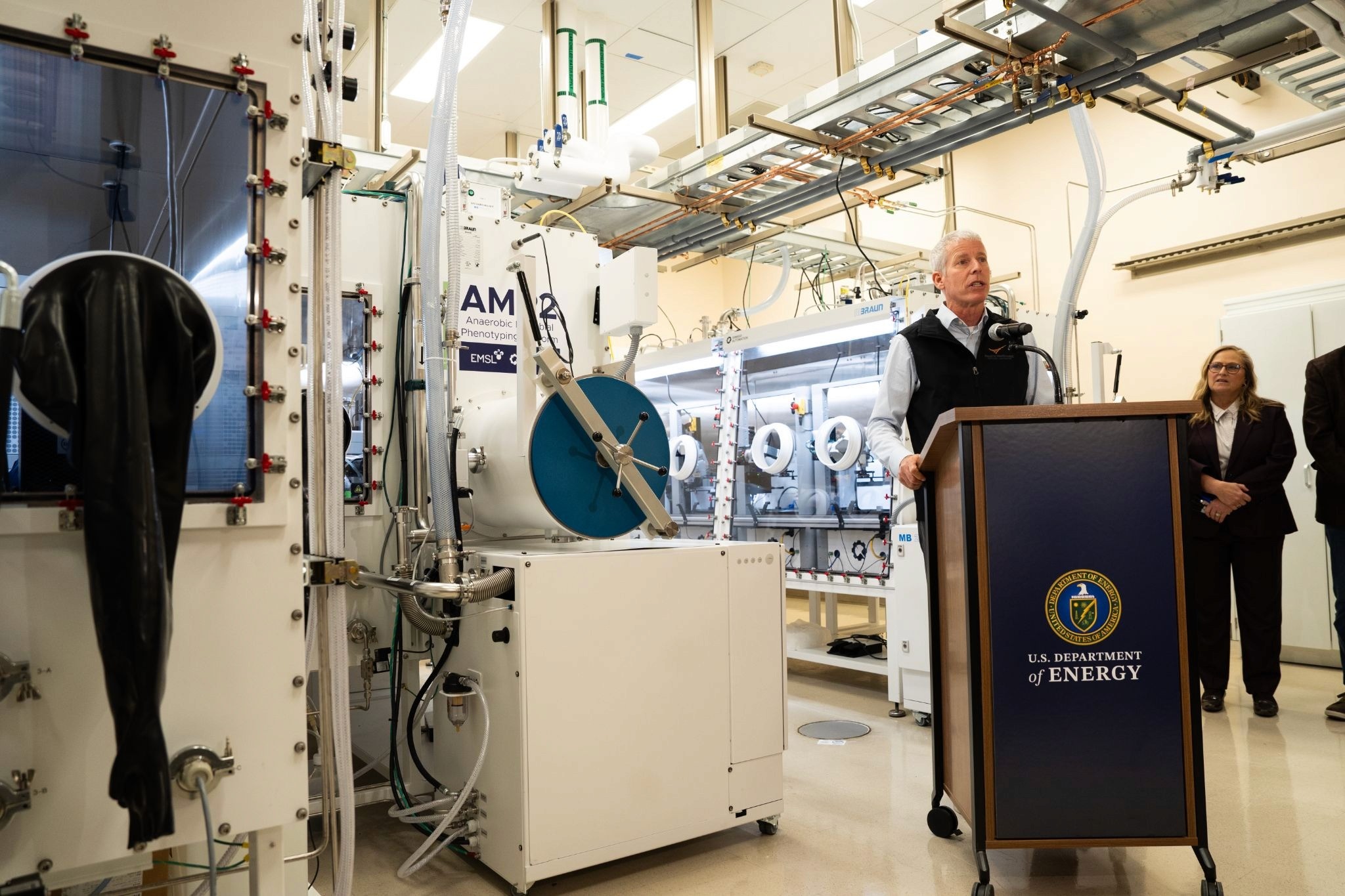Engineered Human Therapies
Eli Lilly Collaborates with OpenAI to Discover Novel Antimicrobials for Drug-Resistant Pathogens
Through this collaboration, Eli Lilly and OpenAI aim to harness the power of generative AI to accelerate the discovery and development of new antimicrobial treatments, providing much-needed solutions to the escalating threat of AMR.
Jun 27, 2024
Md Saiful Islam Khan (Canva)
Eli Lilly and Company (NYSE: LLY) has announced a groundbreaking collaboration with OpenAI to leverage generative AI in the invention of novel antimicrobials aimed at combating drug-resistant pathogens. This partnership addresses the significant global health threat posed by antimicrobial resistance (AMR).
"Our collaboration with OpenAI represents a groundbreaking step forward in the fight against the growing but overlooked threat of antimicrobial resistance," said Diogo Rau, executive vice president and chief information and digital officer at Lilly. "Generative AI opens a new opportunity to accelerate the discovery of novel antimicrobials and the development of custom, purpose-built technologies in the battle against drug-resistant pathogens. This partnership underscores our commitment to addressing significant health challenges experienced by people around the world."
AMR is a pervasive issue affecting all regions and income levels, with the greatest impact in low- and middle-income countries where poverty and inequality exacerbate the problem. Misuse and overuse of antimicrobials in humans, animals, and plants drive the development of drug-resistant pathogens, heightening this global health threat.
"We're excited to work with Lilly to find new ways to treat microbial infections," said Brad Lightcap, chief operating officer at OpenAI. "Advanced AI has the potential to deliver innovative breakthroughs in pharma, and we're committed to working together with industry leaders to deliver tangible benefits for patients."
This collaboration aligns with Lilly's commitment to combating drug-resistant pathogens through its Social Impact Venture Capital Portfolio. In 2020, Lilly's portfolio committed $100 million to the AMR Action Fund, aiming to develop two to four new antibiotics by 2030 and bolster defenses against multi-drug-resistant pathogens. The AMR Action Fund announced its latest investments in biotech companies targeting a range of infections in April 2023.
Through this collaboration, Eli Lilly and OpenAI aim to harness the power of generative AI to accelerate the discovery and development of new antimicrobial treatments, providing much-needed solutions to the escalating threat of AMR.


















